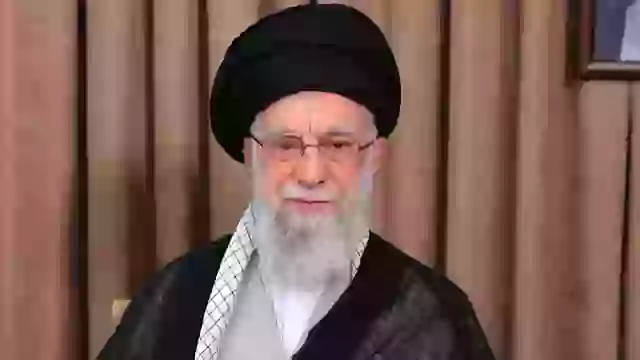On June 26, 2025, Iran’s Supreme Leader, Ayatollah Ali Khamenei, spoke out for the first time since a brief ceasefire with Israel, delivering a bold message on Twitter. After staying out of the public eye amid tensions with the U.S. and Israel, he claimed Iran had triumphed over the “U.S. regime” following recent military clashes, stirring up global attention with his confident tone.
Khamenei stated that the U.S. launched airstrikes on Iran’s nuclear sites on June 21, called “Operation Midnight Hammer,” to protect Israel from collapse. He called the effort a failure, saying it achieved nothing significant. He also boasted that Iran retaliated by striking the Al-Udeid Air Base in Qatar, a key U.S. military hub, on June 23, with no reported casualties but notable damage, according to his claims.

In a televised speech, Khamenei brushed off President Trump’s statements about the U.S. strikes’ success as exaggerated. He backed up reports, like one from CNN, that suggested Iran’s enriched uranium stockpile survived the attack, based on a Defense Intelligence Agency assessment. His words painted Iran as resilient, undeterred by the U.S. military’s actions.
Trump hit back on Truth Social, slamming the media as “fake news” for downplaying what he called a historic military success. He insisted Iran’s nuclear sites were completely destroyed. White House Press Secretary Karoline Leavitt supported him, dismissing the reports and praising the U.S. pilots for a precise strike that dropped fourteen 30,000-pound bombs to wipe out Iran’s nuclear program.
Khamenei’s bold victory claim and the U.S.’s fierce response have sparked heated discussions online, with both sides holding firm. This exchange highlights the deep divide in how each leader frames the conflict, keeping the world on edge. As the narrative battle continues, Khamenei’s speech marks a defiant stand, setting the stage for what could be a pivotal moment in global security.


